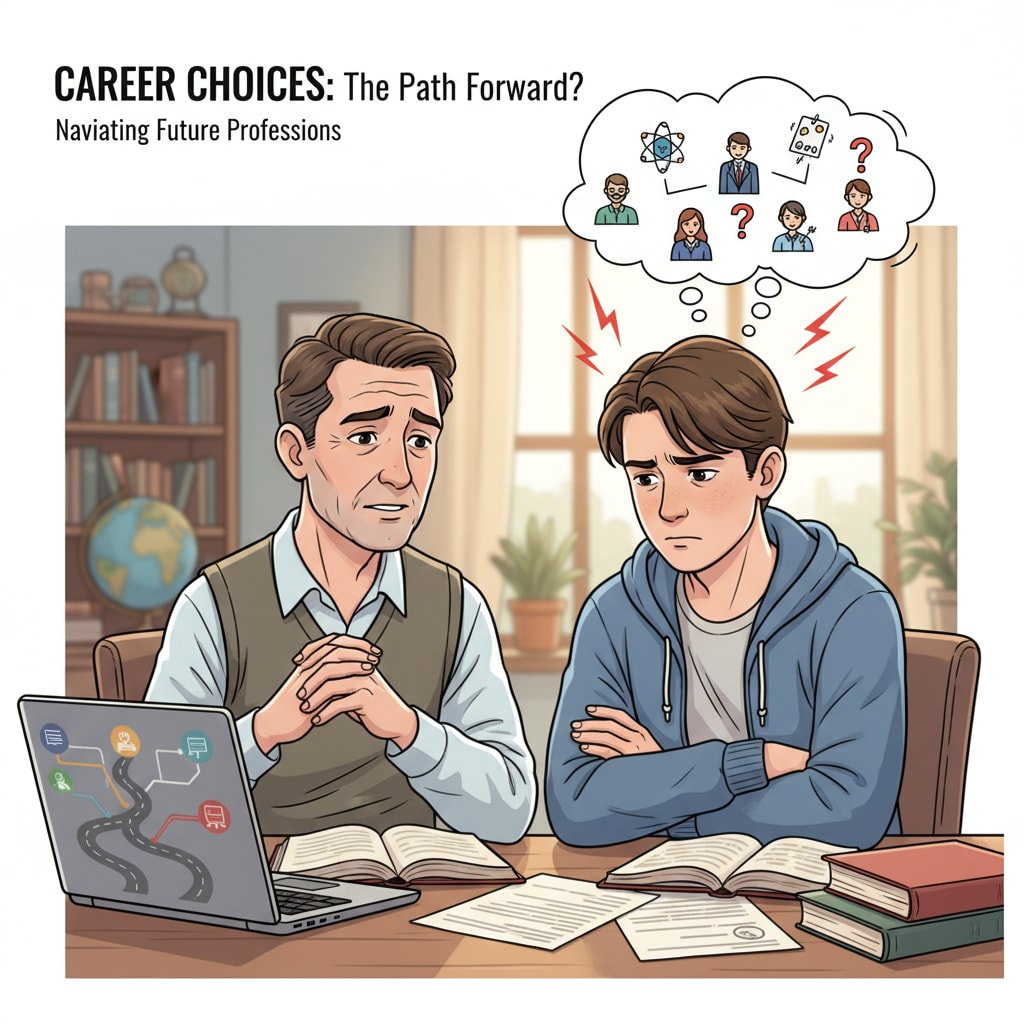Career choices, father-son conflicts, and military education are hot topics in the field of adolescent development. In the K12 stage, teenagers are at a crucial juncture where they start to form their own ideas about future careers. However, the clash between parental expectations and their personal wishes often creates significant tension. Take, for example, the case of a 17-year-old student who found himself at odds with his parents over career paths. His parents strongly pushed him towards a military or medical career, while his heart lay elsewhere. This scenario vividly illustrates the complex nature of the conflict between parental forced career choices and adolescents’ autonomous desires.

The Root of the Conflict
The conflict between parents and teenagers in career choices often stems from different perspectives. Parents, influenced by their own life experiences and social expectations, tend to choose careers that they believe are stable and promising. For instance, a military career is seen as a path to discipline, honor, and a secure future. Similarly, the medical field is highly regarded for its high social status and financial rewards. On the other hand, adolescents are more driven by their personal interests, passions, and emerging self-identities. They are eager to explore unique career paths that align with their inner selves. As a result, a rift often forms between the two generations. According to Psychology Today, this is a common phenomenon during the adolescent stage as they strive for independence and self-expression.
The Impact on Adolescents
Forcing adolescents into careers they don’t desire can have detrimental effects. Firstly, it may lead to a lack of motivation and enthusiasm. When a student is pushed into a military or medical career against their will, they may struggle to engage in their studies or future work. This can result in poor academic performance and a sense of dissatisfaction. Secondly, it can damage the parent-child relationship. The constant pressure and conflict can erode trust and create emotional distance. A study on family dynamics by Encyclopaedia Britannica has shown that such conflicts can have long-term consequences for family harmony.

To address this issue, it is essential to respect adolescents’ career autonomy. Parents should start by having open and honest conversations with their children. Listen to their dreams, interests, and fears. By understanding their perspectives, parents can provide more informed guidance. Additionally, schools and educators play a vital role. They can offer comprehensive career education programs that expose students to a wide range of career options, helping them discover their true passions.
Readability guidance: In this article, we have explored the complex issue of career choices, father-son conflicts, and military education. By understanding the root causes and impacts, we can take steps towards resolving these conflicts. Short paragraphs and clear headings have been used to enhance readability. Transition words like “however,” “therefore,” and “for example” have been employed to connect ideas smoothly. Lists have been used to summarize key points, making it easier for readers to grasp the main arguments.


